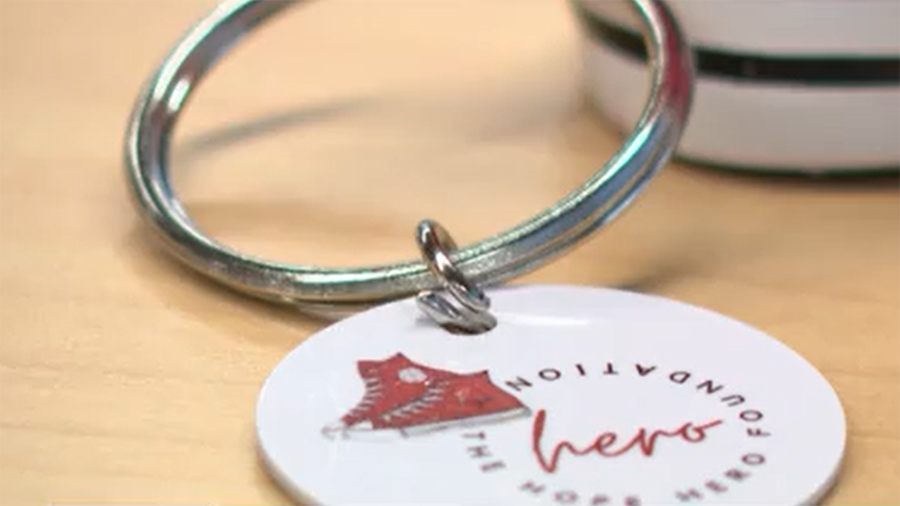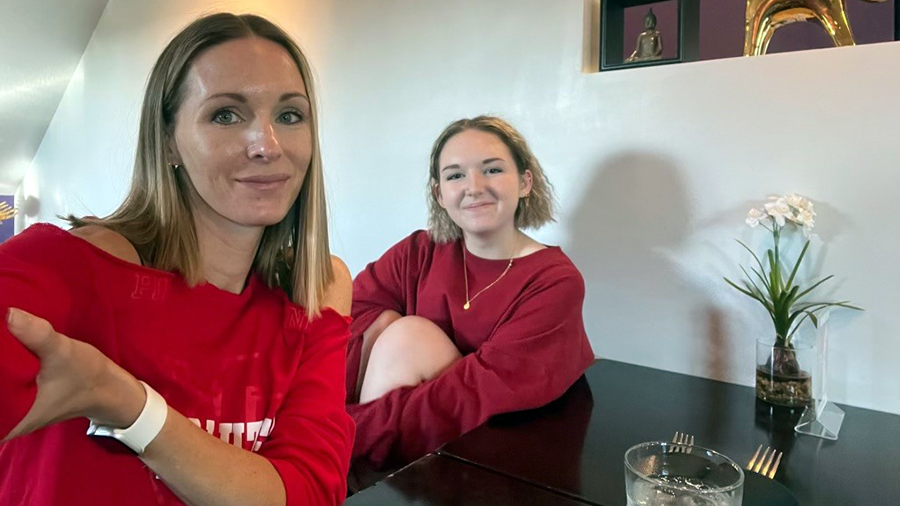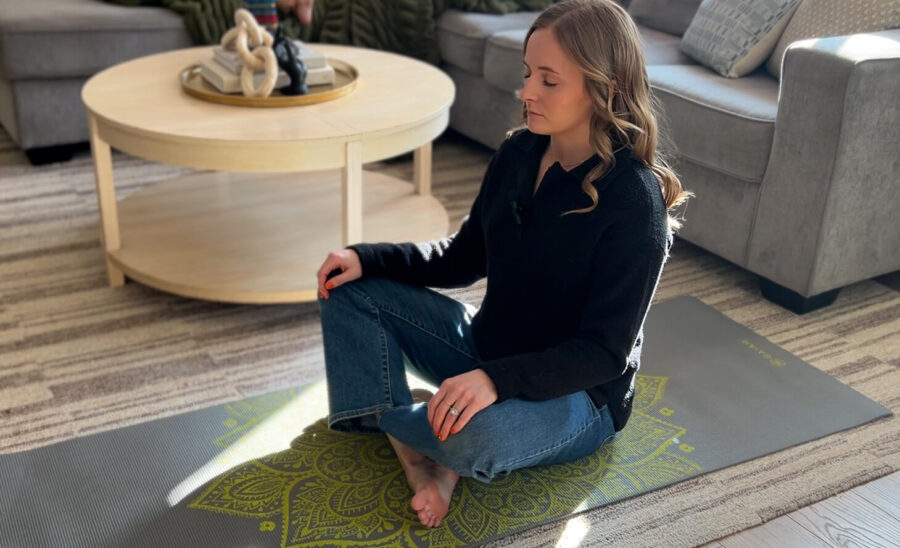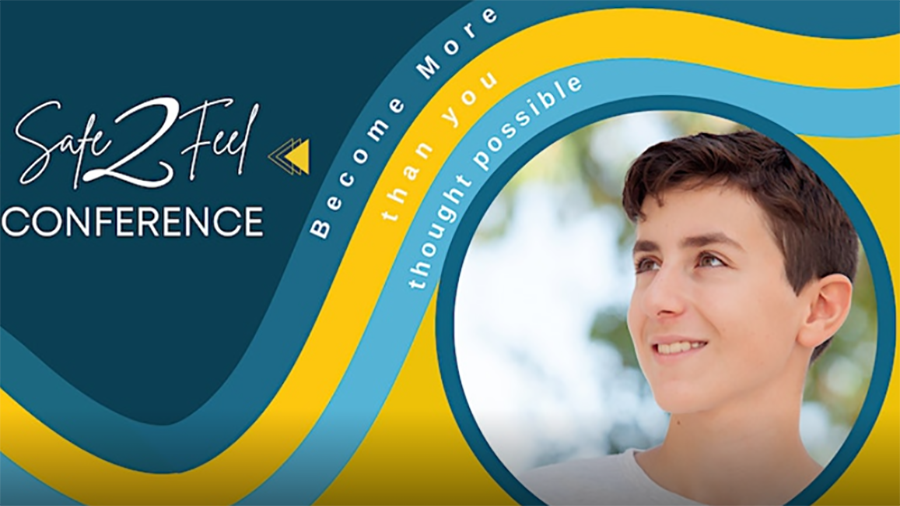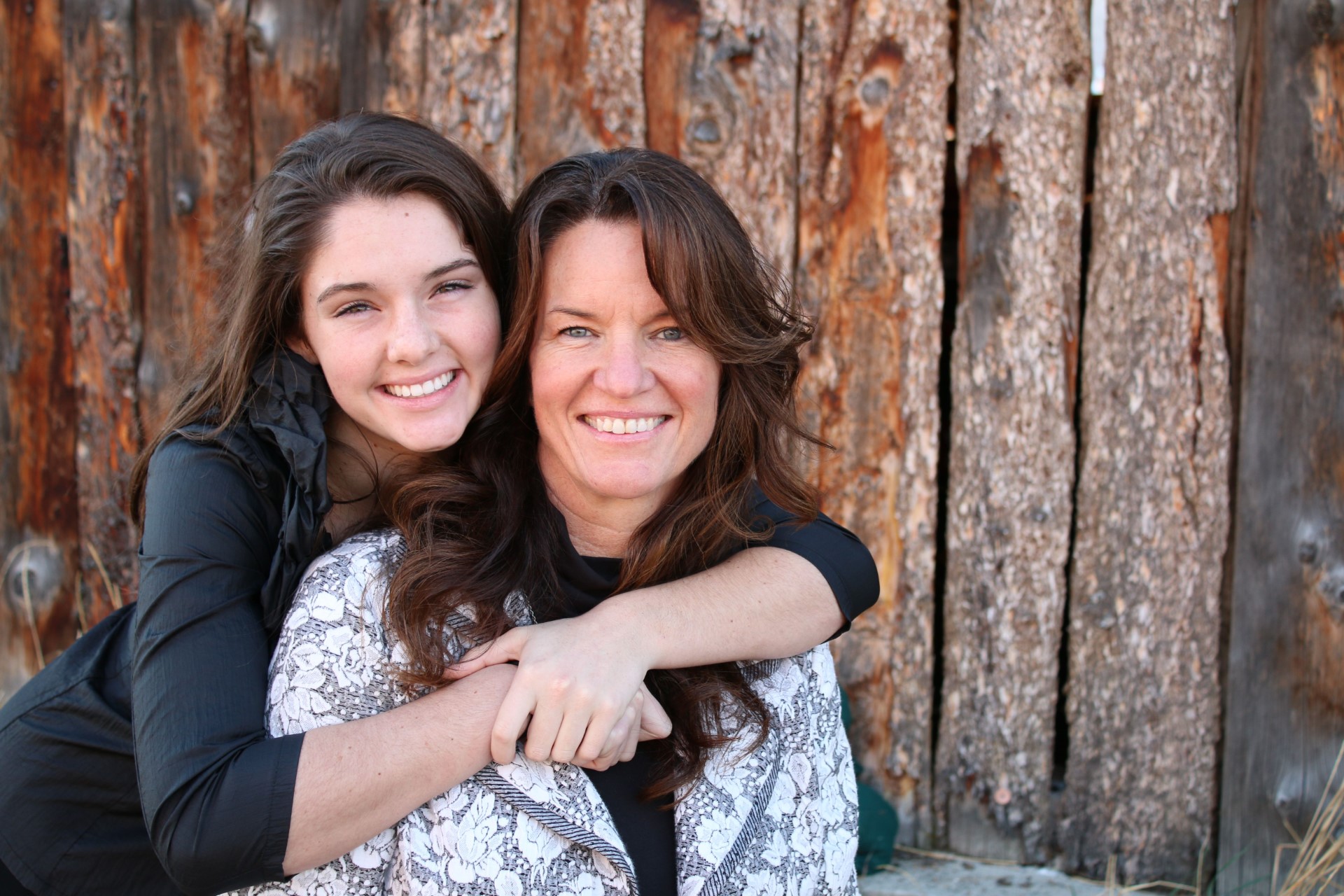Therapist: ‘Even the people you wouldn’t expect are vulnerable’ of self-injury
Mar 16, 2022, 8:23 PM | Updated: Jun 19, 2022, 9:03 pm
SALT LAKE CITY — Self-harm has become so widespread so rapidly, especially among adolescents and teens that scientists are trying hard to keep up. It consumed a Utah mother’s life for years. A therapist explains what to look for.
Of the many traits passed from mother to daughter, there’s one Mindy Brown hopes stops with her. “I cut from the time I was 12 until I was probably in my mid-20s,” said Brown, who lives in West Haven.
Brown’s struggle with self-harm became consuming, like an addiction. “It almost felt like I had a drug of choice with it,” she said. “It was aggressive. It was something that I didn’t ever think I’d get out of ‘cause I was in that deep.” Mindy said she had problems processing emotions. “Anxiety always played a big role in it. A lot of anger.”
Her experience is unfortunately far too common. Self-harm is on the rise, affecting 14.2% to 19.5% of adolescents and teens, according to the International Journal of Research and Public Health.
Experts say it can be more common among high achievers, but can affect anyone. Mindy Westlund Schreiner, Ph.D., Psychology, Huntsman Mental Health Institute, said, “Even the people that you wouldn’t expect it are vulnerable to engaging in self-injury.” Schreiner said the stigma often prevents people from seeking help. “It isn’t something that people engage in for attention.”
Shreiner said there are things parents should watch for. “Unexplained injuries, like cuts or bruises, most common areas of self-harm are usually the arms and also the legs, particularly the thighs,” she said.
If you suspect your teen is self-harming, first ask direct questions. “‘Are you having thoughts of self-harm? Have you ever tried to self-harm,’” Shreiner said. Next, remain calm. “You don’t want to inadvertently make it seem like the teen is doing something wrong,” she said. Establish trust by routinely discussing hard topics. “’What was the most difficult part of your day? How are things going with your friends?’” Shreiner said. And direct teens to resources.
Brown learned coping skills in an addiction recovery program. “People actually asked what emotions I was feeling,” Brown said. “Once I started giving my emotions permission to come out, the cutting just slowed down.”
She’s now teaching these techniques to her daughter. “We’ll sit there at dinner and we’ll talk about how we feel,” Brown said. They also meditate together, reinforcing the life skill of self-care.
If you or someone you know needs help, call the Huntsman Mental Health Institute Crisis Line at 801-587-3000. You can also download the SafeUT crisis tip and chat line app for immediate assistance.


